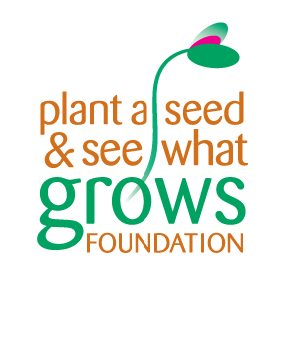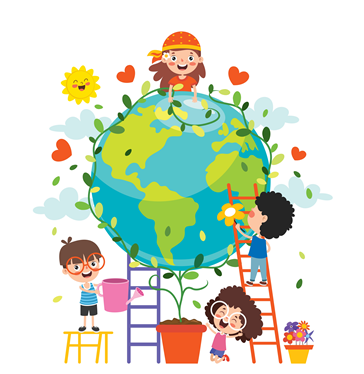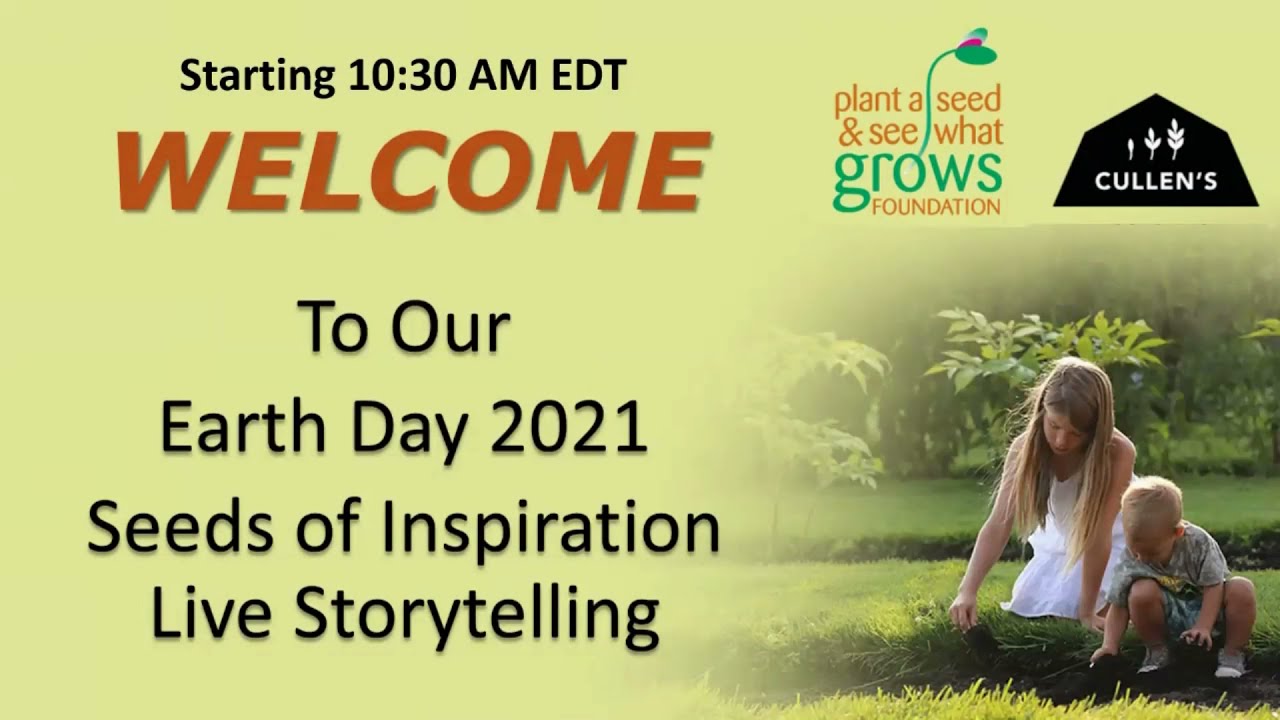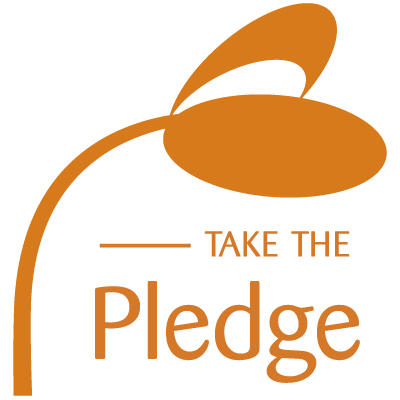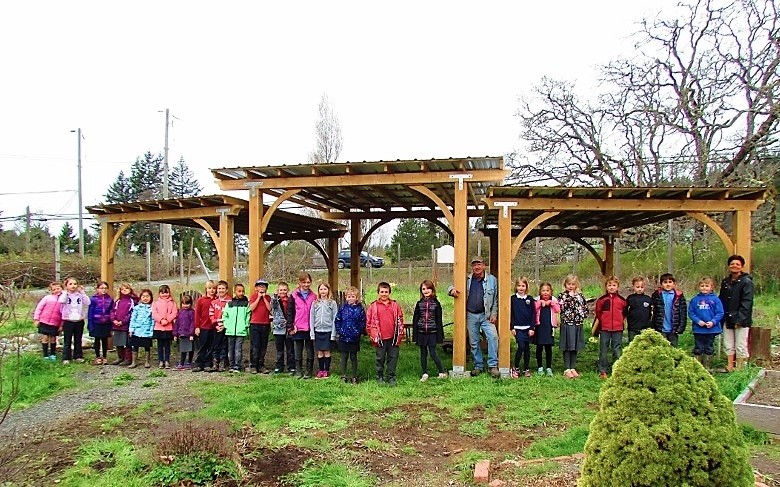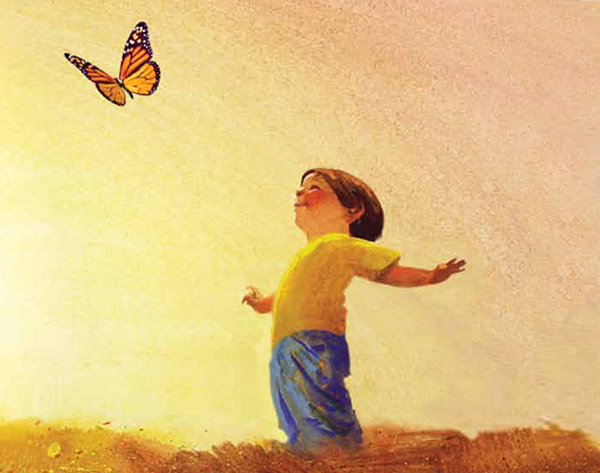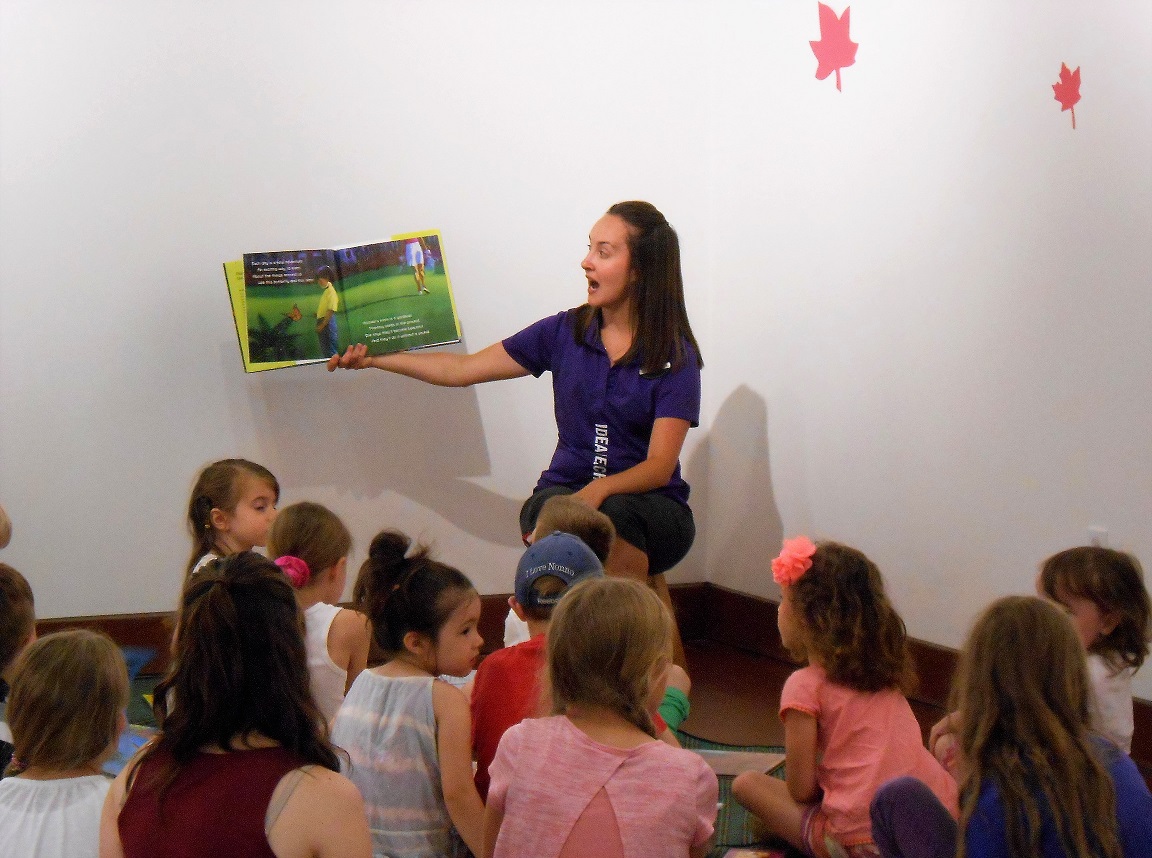Rachel Parent, our friend and long time affiliate told her story of how her hunger for the truth and love for animals led her to be a vegan in our previous “Be Kind to Animals Week” post.
More on that conversation here:
Q: Why did you or your family choose to become a vegan?
A: I chose to become vegan for multiple reasons. Being raised vegetarian, I’ve always had an incredible passion for animals and their well-being. I felt that I was doing enough with my lifestyle and diet to protect animals. That was until I began to learn about the dairy and egg production industry employing extremely cruel practices, many of which the general public is oblivious to. We are so often misled by packaging that illustrates a picture of cows and chickens that live happily on farms. Unfortunately, the reality is grim. The cows, chickens, pigs, and other animals in confined animal feeding operations (CAFOs) are kept in small, cramped enclosures, often indoors. Aside from being pumped with antibiotics to stave off poor conditions and disease, they are fed completely unnatural diets made of primarily genetically modified corn and soy which coincidentally are also destroying the environment. Everything about the system in which these animals are raised is wrong, and goes against the autonomy and freedom each being should have. As I dug deeper into learning about our food system, my research further led me to finding out about the effects of industrial animal agriculture on the environment and climate. One of the most common environmental issues associated with large scale animal farming is the release of green house gas emissions. Following fossil fuels, it is the second greatest emitter of GHG (greenhouse gases), and is one of the main causes of deforestation, biodiversity loss, and water and air pollution. These large farms are destroying ecosystems near and far. Learning about these various animal cruelty and environmental issues made me understand that I needed to ensure my values were represented in my actions. That’s when I became vegan.
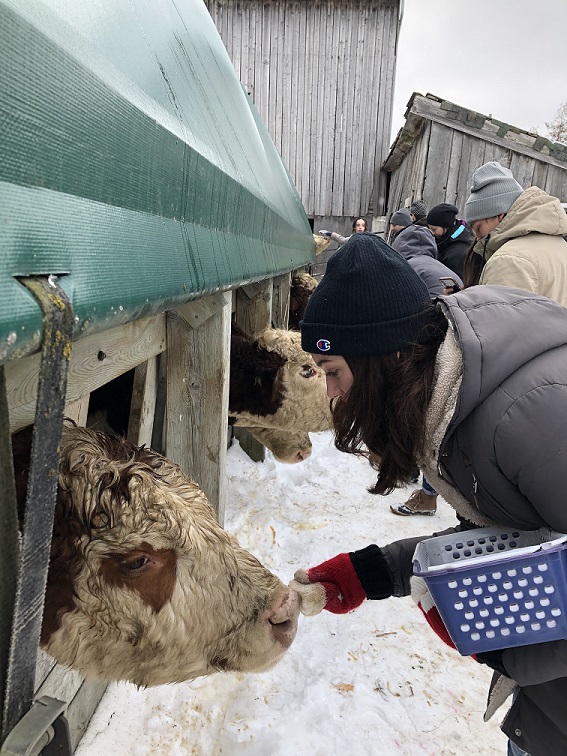
Q: Please elaborate or describe your journey to becoming vegan, as a teenager and now into a young adult.
A: I have found the transition from a teen to young adult while being vegan has been an amazing one. I feel a sense of peace within myself that I had never known before. I’m trying my best to reduce harm for animals and the environment. I finally feel as though my values are in line with my lifestyle, and that is truly a wonderful feeling. In addition to all the animal rights and environmental aspects of veganism, many also experience positive health effects. I happened to be one of those people. Since becoming vegan, I have had increased energy, and a significant decrease in congestion. Both issues I had struggled with for years. I’ve also had a greater diversity of foods. When you omit certain things out of your diet you become more creative, and I tend to make things with whole real foods, meaning my nutrition intake has increased because I am not depending on only a couple of food products. I found it interesting to start to calculate what each food was beneficial for, and I’ve begun to look at food, and eat for the nutrient value rather than something just to fill me up. Overall, I think it helps us to better understand our bodies and the world around us. I’ve certainly put more thought into the lives of animals and the intricate connection that every web of life has. Regardless of our species, we all experience pain, happiness, grief, etc. I truly believe that moving towards a plant-based diet is one of most compassionate forms of action that we can take; helping those who are voiceless, and further understanding our footprint on this earth.

Q: Would you recommend to people to consider being vegan?
A: I definitely encourage people to consider veganism. It seems radical to many, to completely cut out foods they have depended on or grew up with. But I believe we need a radical change in the way we look at food. It’s a big leap for many, but that doesn’t mean that you can’t take the time to properly transition, and slowly cut out the various food groups. Even this makes a big difference.
The one thing I will caution is that not all [vegan diets] are created equally. Many who switch to plant-based diets rely on soy and tofu meat replacements. Soy which is largely genetically modified-approximately 90% to be precise-is having harmful effects on the environment and our health. This is due to the high inputs of chemicals in this type of industrial agriculture. One of the greatest effects these crops are having is soil damage. When our soil is damaged from pesticides and herbicides, it releases carbon into our atmosphere contributing further to the climate crisis. While we are already in the midst of climate change, and the catastrophic effects that it could entail, the agriculture sector is contributing approximately 44-57% of all green house gas emissions. While much of our soy comes from the United States, it is also coming from places such as Brazil where the Amazon is widely cut down or “slash and burned” in order to make space for soy plantations. The amazon, considered the lungs of the earth, is under threat due to agricultural practices as sensitive ecosystems are contaminated with chemicals while orangutans and other endangered species are losing habitat, and indigenous peoples are displaced. When it comes to issues like these, our food is no longer just about what’s on our plate, it has become a matter of the ecocide, and human rights violations that are taking place. Other genetically modified foods such as corn, canola, and sugar from sugar beet are having similar effects environmentally. These are ingredients that people often consume in products unknowingly, products like vegetable oil which generally contains at least one of the above-mentioned foods. These GMO crops in addition to about 70 other non-GMO varieties including lentils, chickpeas, and wheat are heavily sprayed with Roundup and glyphosate. This herbicide is used as a desiccant (the process of drying a crop quickly by spraying with weed killer in order to harvest faster), and also happens to be a registered antibiotic. So, in addition to high chemical residue levels we are ingesting, we are also consuming unsafe and un-prescribed antibiotics, potentially with every meal, depending on your diet. In addition, the health risks this poses, such as antibiotic resistance, pollinators like bees and butterflies, as well as wildlife are affected drastically by these high inputs of herbicides. This is why it is incredibly important to understand where our food is coming from, its footprint, and how we can do better. I encourage those who use soy, corn, or canola-based products to ensure that they are purchasing non-GMO or organic. I also encourage everyone to look into the crops that are desiccated heavily and try to buy organic when possible. A vegan diet can be incredibly healthy as long as we watch what we consume.
Often times when I encourage people to become vegan or plant-based, I’m told that it is too expensive. I think this is one of the greatest misconceptions. Foods like rice and beans have been the staple of people’s diets for centuries. Whole foods and grains are often the primary foods we depend on to eat less expensively. A great example of this is when lockdowns due to COVID-19 were announced around the world. The first foods to disappear off the shelves were rice, beans, and potatoes. That is because these are inexpensive options that go a long way. Where veganism can get expensive is when people purchase packaged foods, bars, cereals, etc. By making our own foods, not only can we save money, but we are able to live compassionate lifestyles.
Amidst the current world crisis that we face with COVID-19 it is also important to re-examine the way in which we farm animals. While it is speculated that the pandemic might have come from a wet market in Wuhan, this is not the first case of animal foods causing health issues. Of the many diseases that have spread since the ’60s scientists estimate that over half were caused by animal transmission to humans. Some examples of these are SARS, MERS, and Mad Cow diseases. Many think that the treatment, and the conditions to which the animals are kept in abroad are uniquely bad, and perhaps these are why we are facing the current situation. What many fail to acknowledge is the reality that we have the same problem here in North America, except we call them factory farms. Animals are kept in the same filthy, and cramped spaces. One of the major difference is that the animals in North America are repeatedly given high doses of antibiotics and medicine. Even so, unless we fix this problem of animal agriculture, we are just as vulnerable to another pandemic.
We’ve reached a critical time in the health of our planet where our actions have the ability to heal and regenerate or continue to damage the planet. Industrial animal agriculture is one of the most destructive industries and it’s time, in this day and age, to move towards a compassion–based diet that puts sustainability and welfare above all.

Rachel Parent is the founder of KidsRightToKnow.com and Regeneration International Youth Speaker & Activist.
To learn more about the Foundation’s work, please click here.
